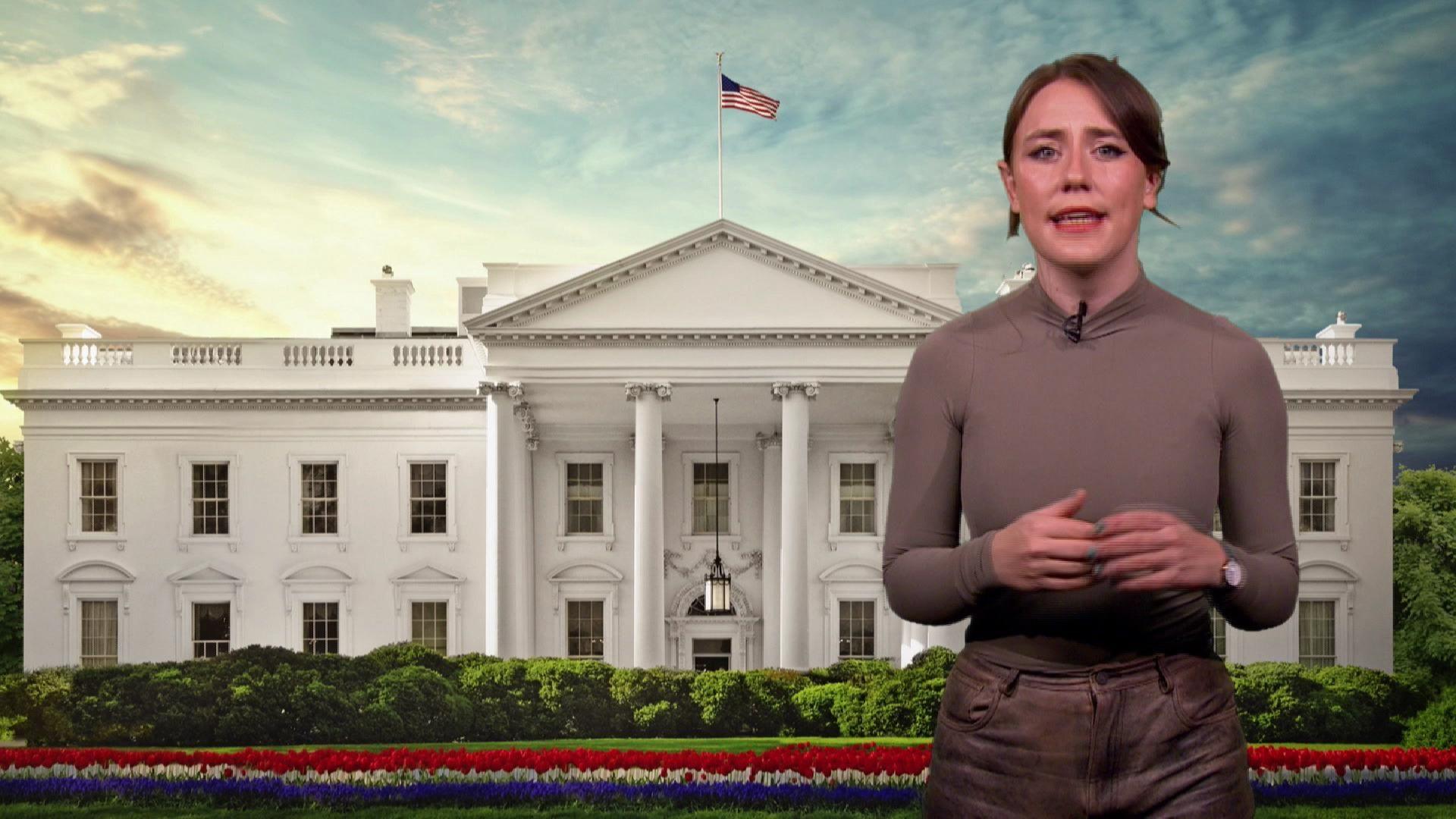Donald Trump will be next US President
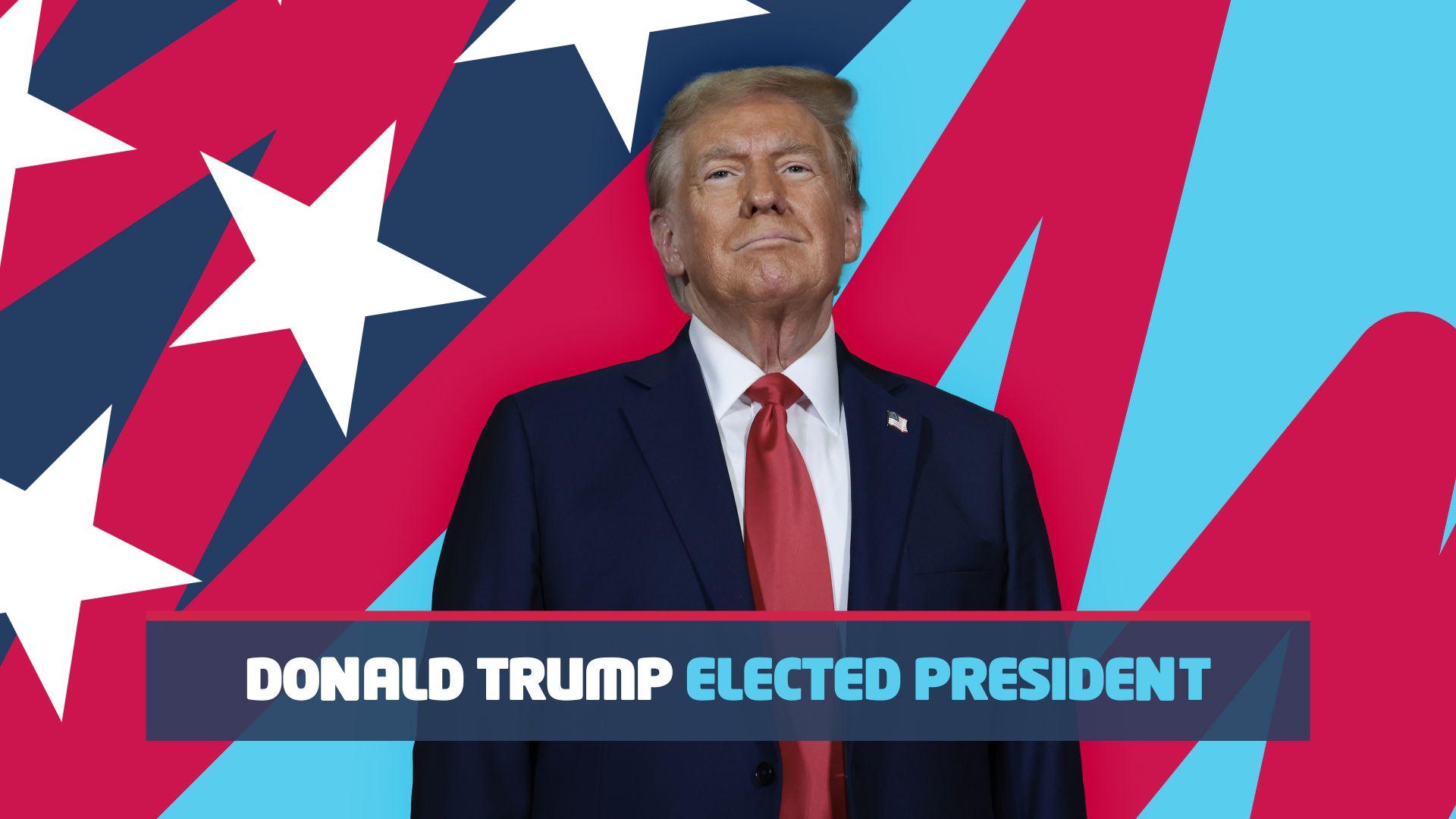
- Published
Donald Trump has won the US election.
He will become the 47th President of the United States after he gained the 270 electoral votes needed to win the race.
Trump had declared victory at a speech in Florida saying "this is a magnificent victory for the American people that will allow us to make America great again".
His opponent, Kamala Harris, urged her supporters to accept Donald Trump's White House victory, while telling them to "never give up" fighting for their ideals.
Find out more
How has the world reacted to Donald Trump's election win?
- Published6 November 2024
How much do you know about Donald Trump?
- Published6 November 2024
What plans can we expect from Donald Trump as president?
- Published15 January
What has Donald Trump said?
Watch: Trump declares victory to his supporters
Donald Trump has spoken on stage at his campaign headquarters in Florida to crowds of supporters chanting: "We want Trump! We want Trump!"
While he hasn't officially won the election yet, he has won some key swing states and Kamala Harris has cancelled her election night speech.
Trump thanked his supporters and declared victory, saying:
"We made history for a reason tonight. We overcame obstacles that nobody thought possible.
"This is a magnificent victory for the American people, that will allow us to make America great again."
When will Donald Trump be sworn in as President?
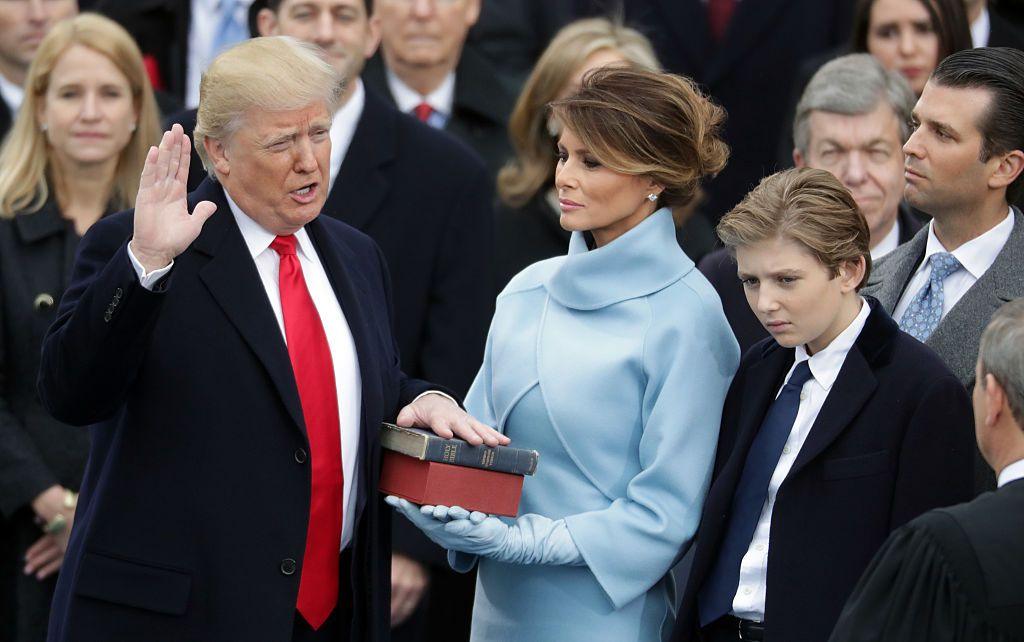
Donald Trump taking the oath of office when he was sworn in as president in 2017
After the election results are officially confirmed, Donald Trump will become the 47th President of the United States at a ceremony called the inauguration.
Inauguration Day is Monday 20 January 2025 and that is the day Mr Trump and his team officially move into the White House.
The ceremony traditionally takes place in front of a building called the Capitol.
The Capitol is a building in Washington where part of the US government, called Congress, is based.
What did Kamala Harris say about Donald Trump's win?
Harris: Election outcome 'not what we fought for'
Both current President Biden and current vice-president Kamala Harris spoke to Mr Trump after his win.
In a speech in the US capital, Washington DC, she said "the outcome of this election is not what we wanted", but insisted there must be a peaceful transfer of power.
"I know folks are experiencing a range of emotions right now... I get it. But we must respect the results of this election."
"Hear me when I say, the light of America's promise will always burn bright. As long as we never give up, and as long as we keep fighting."
She also said she had offered to help Mr Trump him and his team get ready for a "peaceful transfer of power."
How has the world reacted?
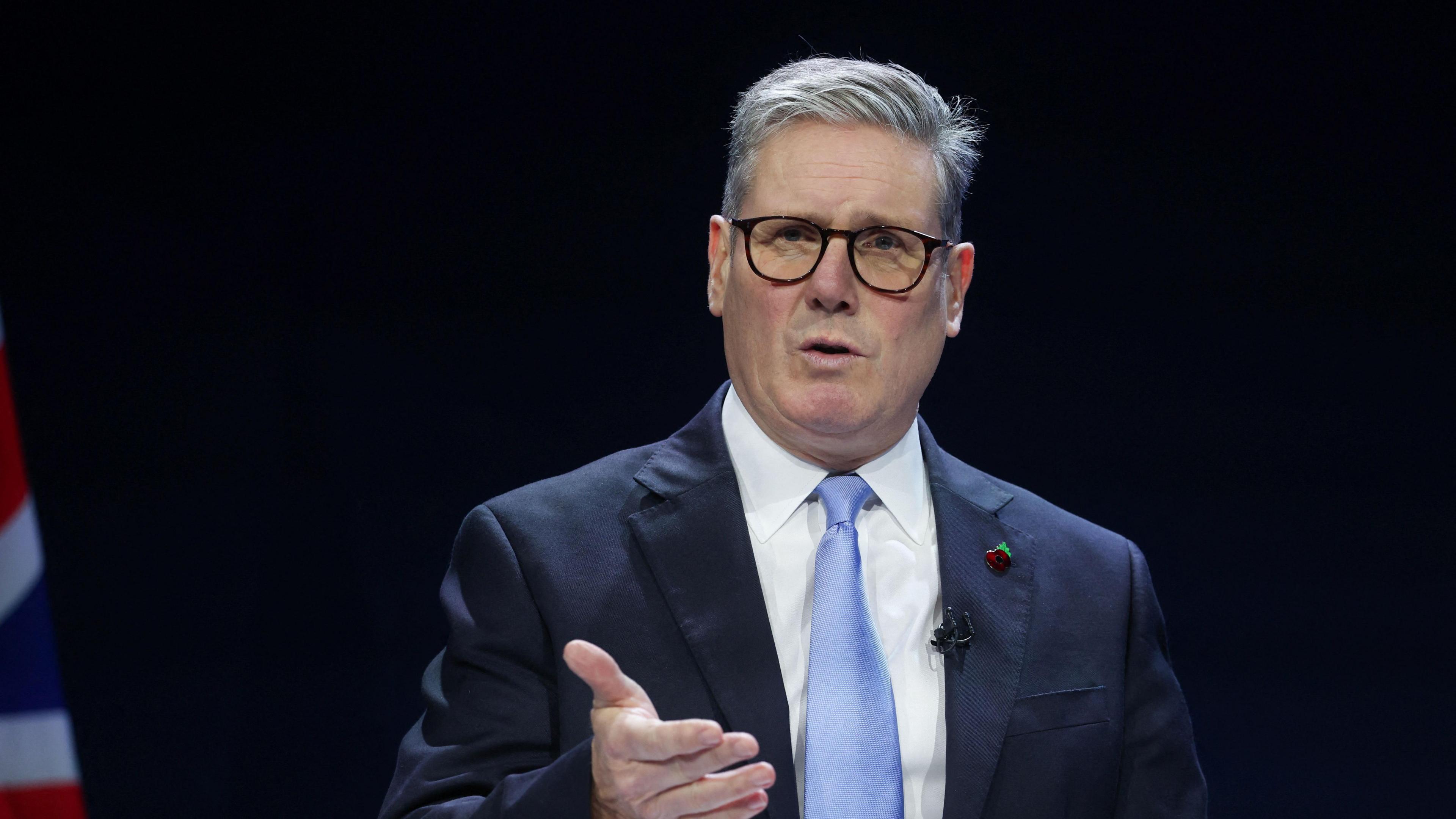
Sir Keir Starmer is among world leaders sending their congratulations to Donald Trump
UK Prime Minister Keir Starmer is among world leaders sending their congratulations to Donald Trump. He said:
"Congratulations President-elect on your historic election victory. I look forward to working with you in the years ahead."
Ukraine's President Volodomyr Zelenskyy also congratulated Trump on his "impressive election victory," adding "we look forward to an era of a strong United States of America under President Trump’s decisive leadership."
Israel's Prime Minister Benjamin Netanyahu called it "history's greatest comeback".
How does the US election work?
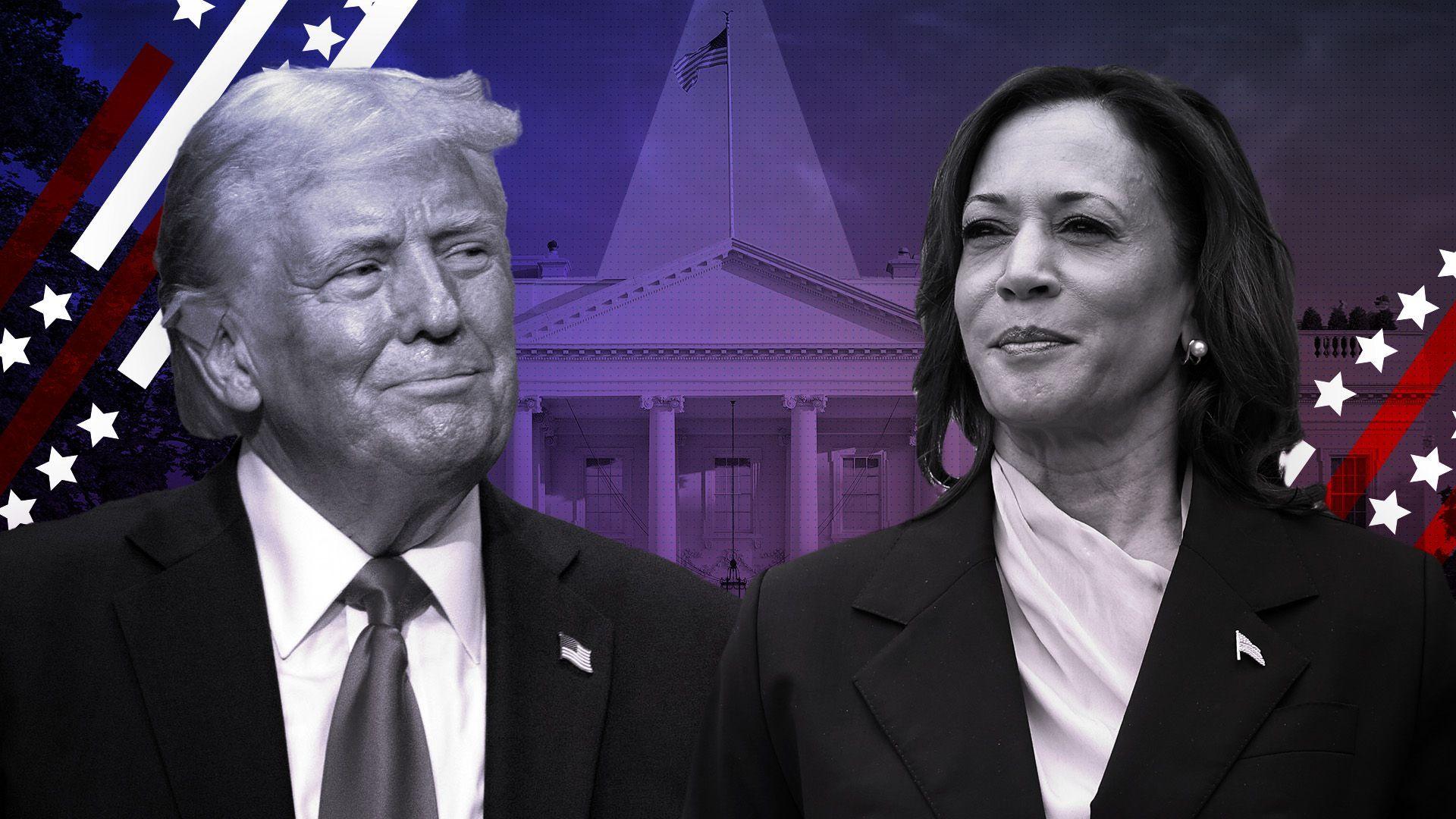
Donald Trump and Kamala Harris are going head to head in the 2024 US election
There are two political parties in the United States - the Democrats and the Republicans.
Each state is assigned a certain number of votes known as electoral college votes.
There are 538 electoral college votes in total, so a candidate needs to win at least 270 votes to become the next president.
Because of the way the electoral college works, some US states have more influence over the outcome of the election than others.
These states are called swing states - so called because they often "swing" between voting for the Republicans and the Democrats.
Presidential candidates will spend much of their time campaigning in swing states, as these states could decide the election for them.
More on the US Election
- Published7 November 2024
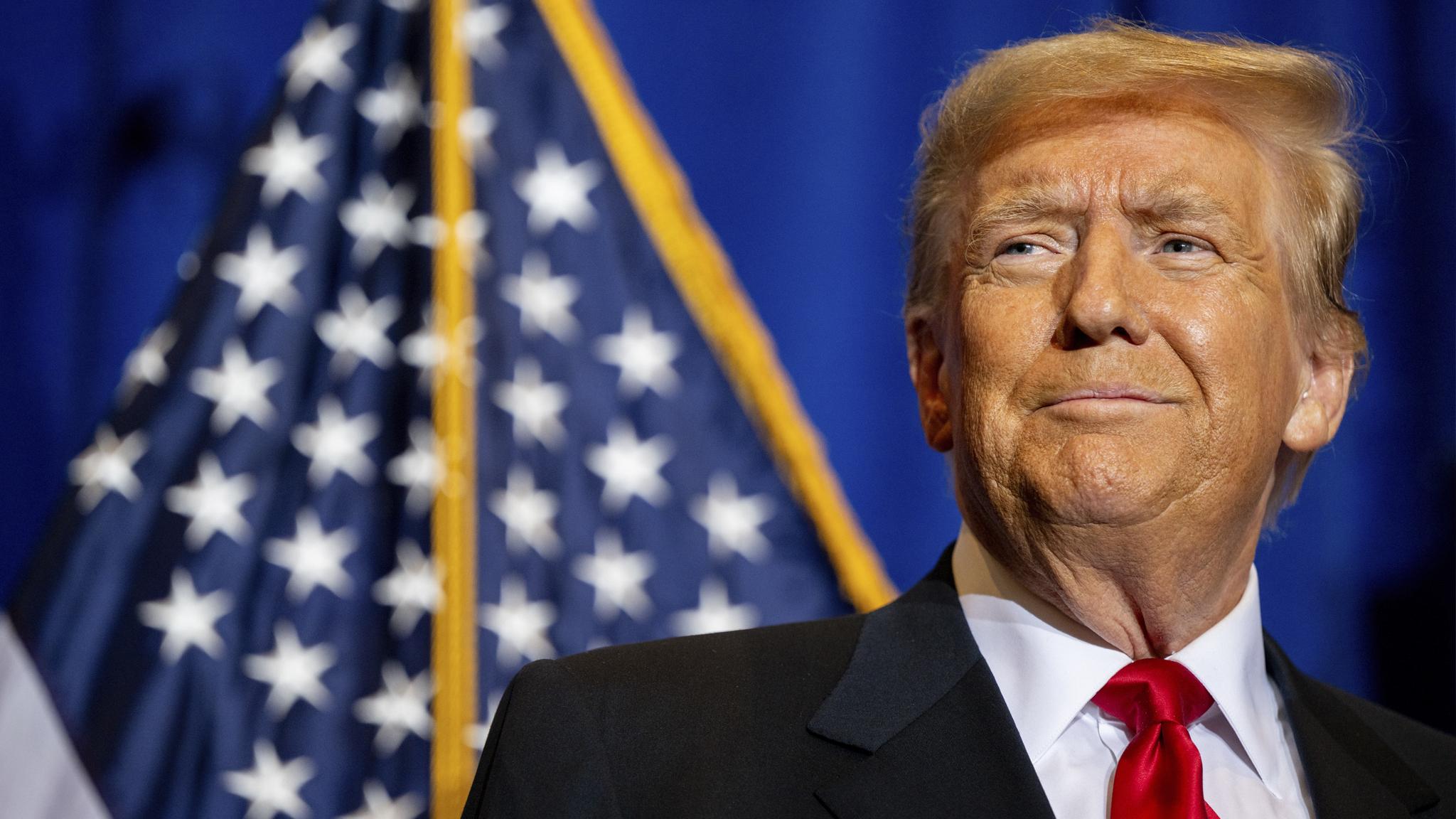
- Published5 November 2024
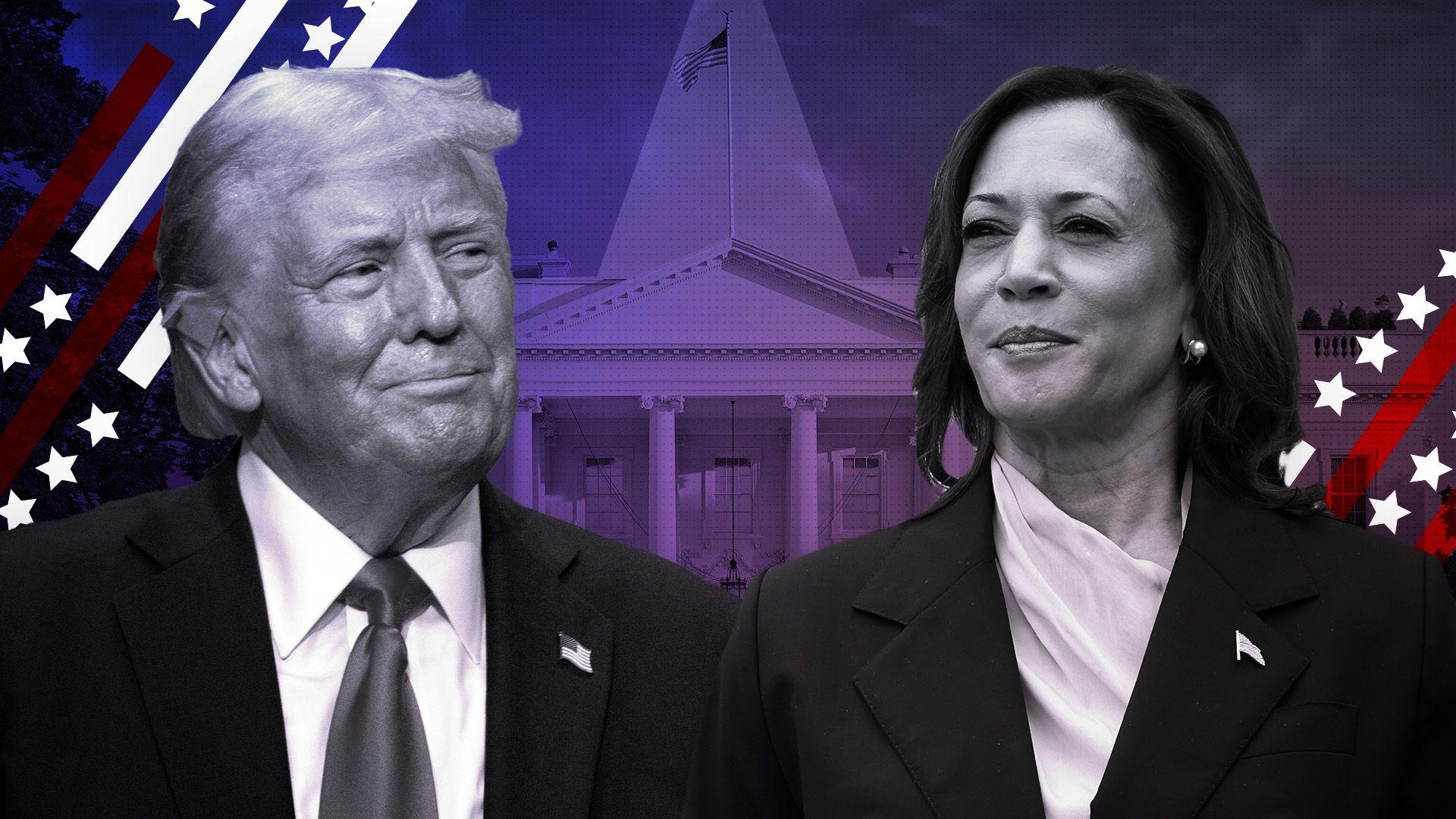
- Published3 November 2024
